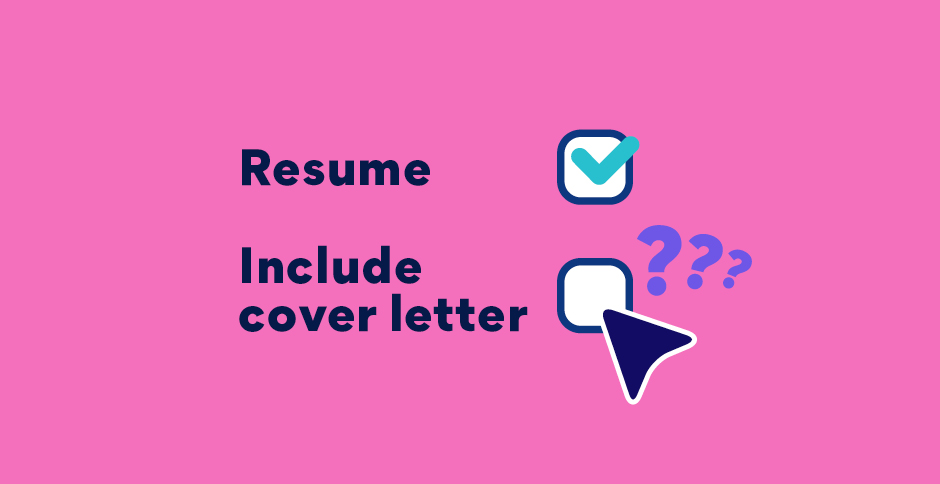Ever been in the position of landing that perfect-on-paper job, to discover your new boss has far-from-perfect managerial skills?
It’s not your fault. Traditionally, the interviewing process is more a one-way street than a bi-directional conversation. Employers naturally like to get to know you, asking questions to reveal your skills, behaviours, logic and sometimes even your medical background. Why? To make sure you’re the right fit.
So shouldn’t you be doing the same? And couldn’t you be using some of the same techniques? With Gen-Y stepping into their professional phases of life, there’s a new approach in the hope both sides are making informed decisions. Reference checking your potential future boss not only shows how serious you are about the job, but it also establishes a more transparent, equal conversation between both sides.
Reference checking your potential future boss not only shows how serious you are about the job, but it also establishes a more transparent, equal conversation between both sides.
Here are some tips to help with your research and ensure you know what kind of person you’ll be reporting to.
- Start in the interview process. Use your interview time to observe. If your potential manager is accompanied by a colleague, see how they relate and communicate, both to you and each other. A more direct approach would be to ask the fellow interviewer what it’s like to work with the manager.
- Prepare questions. What do you wish you had known about your manager before you started your previous job? Work style? Personality? Approach to management? Ability (or inability) to empathise? Keep these questions in mind when you go about the next few steps.
- Search Google. While most reputable businesses can easily be found on the world wide web, the same often goes for individuals. Simply searching your potential new boss' name on Google may reveal businesses, clubs or alumni groups that he or she has been associated with, which can lead you to contacts you could get in touch with.
- …And social media. Social media can help you identify shared connections and point you to who can give you insights. You may find you have mutual friends on Facebook, and there’s no reason why you can’t get in touch with those people to ask questions.
- Be discreet. Of course, you don’t want to lose the opportunity for the job before you’ve even been accepted for the position, so do your research with integrity and discretion. When talking to people, broach them politely and encourage honest, constructive feedback.
Most of us want to go to work each day and feel we can build rapport with our managers and foster a relationship in which we can learn and develop.
Think of your next job as a mutual agreement between you and your future employer. While you’ll be assessed on what you can offer the business, you’ll also be investing your time, skills and passion into the company, and working closely with your manager. You’ll feel comfortable with your decision if you’ve done the right research. If that means asking for references, go for it.



